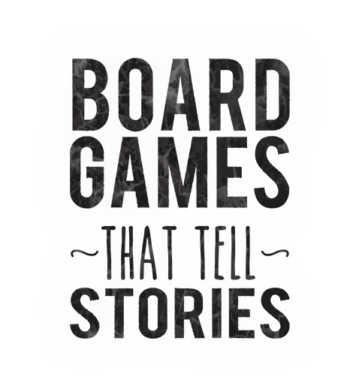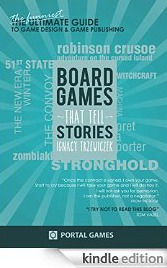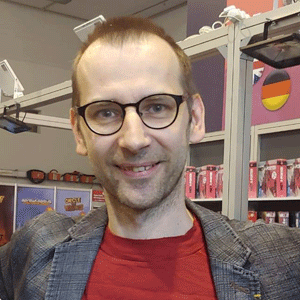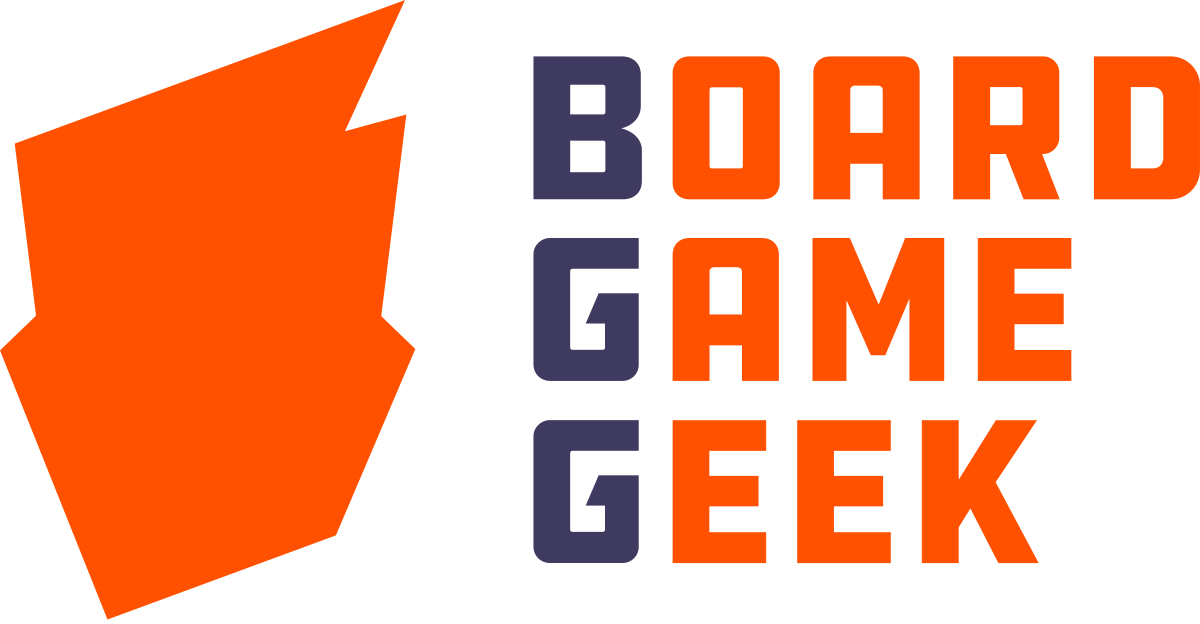It was late at night, a few minutes after midnight. We’ve just finished the fourth game in the Lost signal campaign and we were preparing for the final episode, for the fifth, closing scenario. I was busy setting it up, while most of the other players went to get something to drink and took just a few minutes’ break before the final game. Two of us stayed at the table, David and me. He was helping me with the setup, and we were talking about the game.
After these four scenarios we were both impressed how the story developed, how the astronauts’ situation has been changing for the last two days of our playtesting and how many things happened in the HUB during this time. It was a crazy roller-coaster.
David asked: 'How much will the gameplays of different groups differ?’.
That was a very good point. Let’s talk about this today.
***
The stronger story you put into the game, the more interesting and better-designed turning points and twists you want to incorporate, the less freedom you leave for the players’ choices. That’s the main difference between books and board games. A writer creates an immersive story and puts the protagonists into it, while keeping a full control over every single decision a character makes. A designer creates conditions, a framework for the immersive story to emerge, then gives it to the players. They come and act like a bull in a china shop.
Now that board game designing trends change and players’ expectations evolve, we see more and more board games drift towards story-driven experiences.
The most famous last year’s examples are surely Pandemic: Legacy and Time Stories, but of course we’ve been seeing story-driven games for years. My personal favorite of all time is Sherlock Holmes Consulting Detective, but we definitely should mention Tales of Arabian Nights, the upcoming This War of Mine, or my very own Robinson Crusoe (especially with the HMS Beagle campaign expansion).
The question remains legit for First Martians as well as for every other game I mentioned. Can we solve Case #1 in Sherlock Holmes Consulting Detective in any different way? Can two or three groups have truly different experiences? Different paths to victory? Can we solve a Time Stories mystery in a few different ways? Can two groups of players discuss the game after they’ve finished it and tell each other two different stories?
The real question is actually different—the question is: 'Do we need to have unique experiences?’.
What would you choose if you had a choice: to have a freaking awesome story to discover but one that is pre-constructed to some degree with the main twists and plot points already fixed or to have a slightly less immersive story and experience but to have a full control over every single moment of the game and have no pre-constructed plot?
***
I put strong plot points into the campaign, I design epic events that will throw new tasks and quests at the players. They are scripted, they are the plot points, they are my huge story elements. At the same time I shuffle a ton of random shit into the event deck, hundreds of cards that will surprise the players. In Scenario #2, every group will face a sandstorm that will turn off the solar panels for the whole scenario. It’s scripted. One group, though, started this scenario with a destroyed oxygenator (a result of them playing Scenario #1), the other had a seriously sick astronaut in their HUB, the third one had a very low food supply because of a previous scenario’s pest.
The plot point remains the same, big and epic. The details, the scenery, the conditions—they differ. Two groups will, hopefully, tell a different story that took place within the framework I prepared for Scenario #2.
It’s hard. It’s like combining fire and water.
***
As always, I am super eager to hear your thoughts on the subject. Is pre-contructed immersive story good or bad? What do you think about Time Stories and its scenarios? Would it be a problem for you if you knew that a different group played exactly the same way? Is having only one way to solve a Sherlock Holmes case a problem for you? Have you ever thought about it when you played the game? Have you ever felt that playing a game with scripted events is just like reading prepared stuff?
Give me your comments. I need them. I need your feedback on the subject. Thank you.



 I strongly believe that good board game is the one that tells a good story. You play it and suddenly you are sucked into it, you feel chills on the skin. Emotions grow. In a moment you defend castle. You hear roar of warriors. You smell boiling oil. You are into it.
That's how I design my games. I always want to tell a good story. I want players to be into it. As deep as possible.
I strongly believe that good board game is the one that tells a good story. You play it and suddenly you are sucked into it, you feel chills on the skin. Emotions grow. In a moment you defend castle. You hear roar of warriors. You smell boiling oil. You are into it.
That's how I design my games. I always want to tell a good story. I want players to be into it. As deep as possible.



